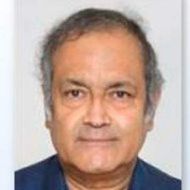India's stand on Taiwan crisis: Rebalancing ties with China
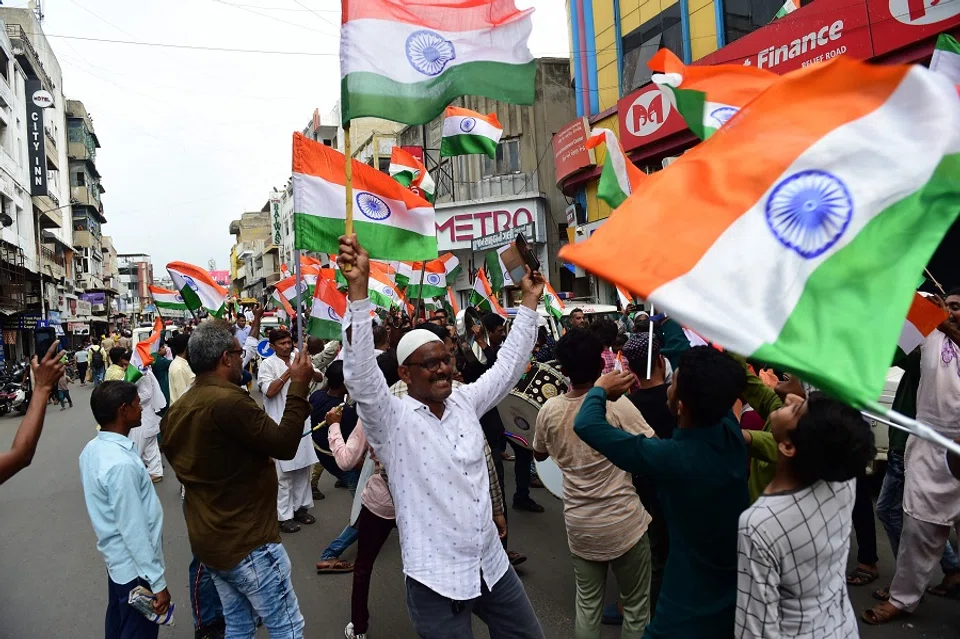
Taipei's role and its impact on Sino-Indian ties in the current Taiwan Strait crisis can be traced back to the early 1990s. Taiwan had then offered to help India tide over its financial crisis without asking for any quid pro quo. With Prime Minister Narasimha Rao at the helm, India did not accept the offer but went on to engage Taipei.
Soon "silent diplomacy" led to "India's establishing a non-official presence in Taipei", according to Shivshankar Menon, who was successively India's ambassador to China, foreign secretary and national security adviser.
Besides Rao's "economic diplomacy", two inter-related factors also explain the breakthrough in Delhi-Taipei engagement. From about 1991 to the mid-1990s, Delhi and Beijing were reaching out to each other. They did so in the light of India's emerging "Look East" policy and China's efforts to shore up its international image after the Tiananmen incident. As a result, as Menon pointed out, Taipei and Delhi could engage each other in the 1990s "without provoking a political reaction" from Beijing.
Reticence to reiterate Beijing's mantra
China-India engagement today is far more complex. While briefing the media on the latest Taiwan crisis, Chinese ambassador to India Sun Weidong expressed the "hope that the Indian side could openly reiterate its one-China policy".
The nuanced reality, though, is that Delhi had explicitly recognised Tibet, but not Taiwan as well, as a part of the PRC.
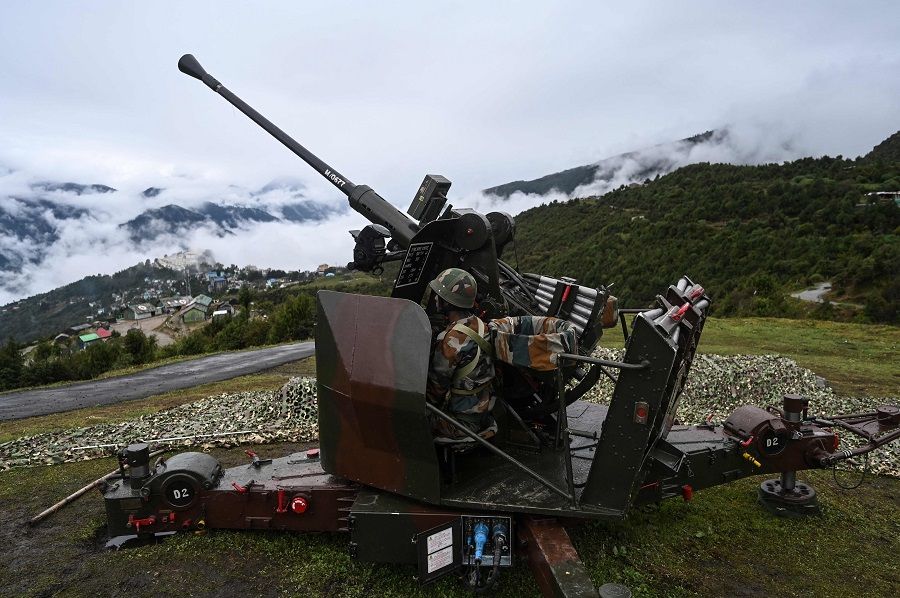
Delhi has not been doing so since 2008 following Beijing's sovereignty claims over "southern Tibet" or the Indian state (i.e., province) of Arunachal Pradesh.
In the past, India's first Prime Minister Jawaharlal Nehru was quick to accept "one China" as an evolving doctrine in the People's Republic of China (PRC)'s nationalism. He argued in the 1950s that the Republic of China (ROC)'s membership in the United Nations Security Council (UNSC), with vetoing privilege, was "factually absurd". The ROC, better known today as Taiwan, was unseated from the UN in 1971 when the PRC was admitted.
Citing a few previous joint statements between China and India, Sun noted in his media briefing that India had said "it would continue to abide by its one-China policy". The nuanced reality, though, is that Delhi had explicitly recognised Tibet, but not Taiwan as well, as a part of the PRC. The relevant bilateral documents of 2005 and 2006 as well as 2008 contained India's pledge as cited by Sun.
Following Delhi's nuclear weapons testing in 1998, Sino-Indian engagement was re-normalised in 2003. Tibet figured in the 2003 declaration. In its 2008 vision statement, Delhi went a step further by pledging to "oppose any activity that is against the one China principle". Delhi's additional commitment, made in Beijing in January 2008, was in response to Beijing's concerns about an upsurge in the Tibetans' anti-China sentiments in that period.
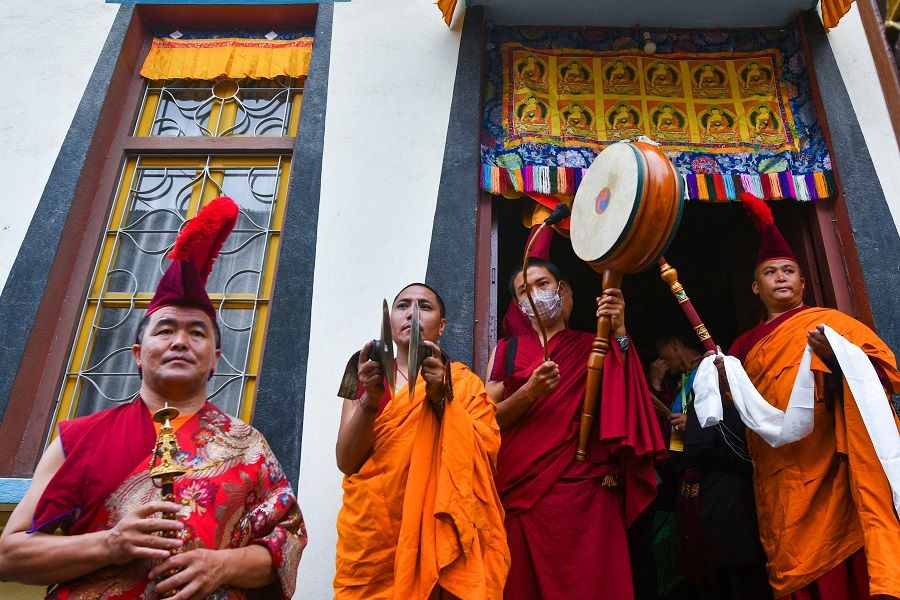
China's dissatisfaction with Delhi's strategic ambiguity on Taiwan seems to have come to the fore in today's context of a US-India entente. However, Taiwan does not seem to be excluded from the one-China policy that Delhi has demurred from reiterating in light of its concerns about Chinese claims on some parts of India.
... India's call to avoid unilateral actions to change the status quo mirrors the American stand in the current Taiwan crisis.
Treating China and Taiwan alike
Conspicuously avoiding Beijing's mantra, India's official spokesman said on 12 August 2022: "We urge the exercise of restraint, avoidance of unilateral actions to change the status quo, de-escalation of tensions and efforts to maintain peace and stability in the region". Both China and Taiwan were not mentioned by name in his brief remarks which were, nonetheless, addressed to both.
India's call to avoid unilateral actions to change the status quo mirrors the American stand in the current Taiwan crisis. But the comparison ends here as the US has declared its willingness to forcefully "oppose" any unilateral changes of the status quo by either side across the Taiwan Strait. Delhi's reaction, though, bristles with non-militarist nuances.
Ashok Kantha, a former Indian ambassador to China, has told me that "Delhi's balanced stand is conducive to peace across the Taiwan Strait". Currently the director of the Delhi-based Institute of Chinese Studies, he said: "India's call to avoid unilateral efforts to change the status quo addresses China's overall pattern of behaviour".
"Delhi remains cautious about attributing sovereignty to Taiwan. This is despite India's fairly extensive engagement with Taiwan which does have a status of its own." - Ashok Kantha, a former Indian ambassador to China
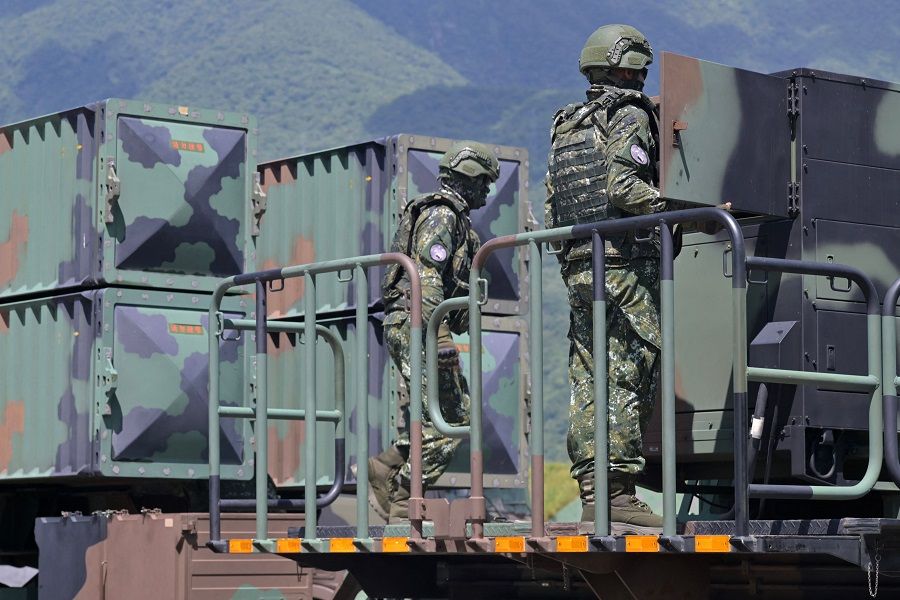
He added: "India has not been reiterating its one-China policy for over a decade due to concerns over Beijing's refusal to recognise Indian sovereignty in Arunachal Pradesh and, more recently, in regard to the China-Pakistan Economic Corridor." Ashok Kantha had participated in the India-China foreign ministers' meeting in 2014 when India flagged the need for China adopting a reciprocal one-India policy.
On Taiwan, he said that "Delhi remains cautious about attributing sovereignty to Taiwan. This is despite India's fairly extensive engagement with Taiwan which does have a status of its own."
Trading with Taiwan
What is the status of Taiwan? It is a non-state actor in a non-terrorist sense - a non-sovereign but self-governing territory. Taiwan is known for its pivotal position in the global high-tech sector of semiconductors, and for its trade and investment links with a number of countries including India.
While the Taiwan-India economic links date back to the 1990s, the two-way trade turnover was worth US$6.4 billion by 2017. Taiwan authorities ranked India as their 16th largest trading partner in that year. In December 2018, India and Taiwan signed in Taipei a trade facilitation "arrangement" for mutual recognition of authorised economic operators. The "arrangement" was part of Taiwan's "New Southbound Policy". As a result, the trade turnover is said to have crossed US$7 billion a year by 2021.
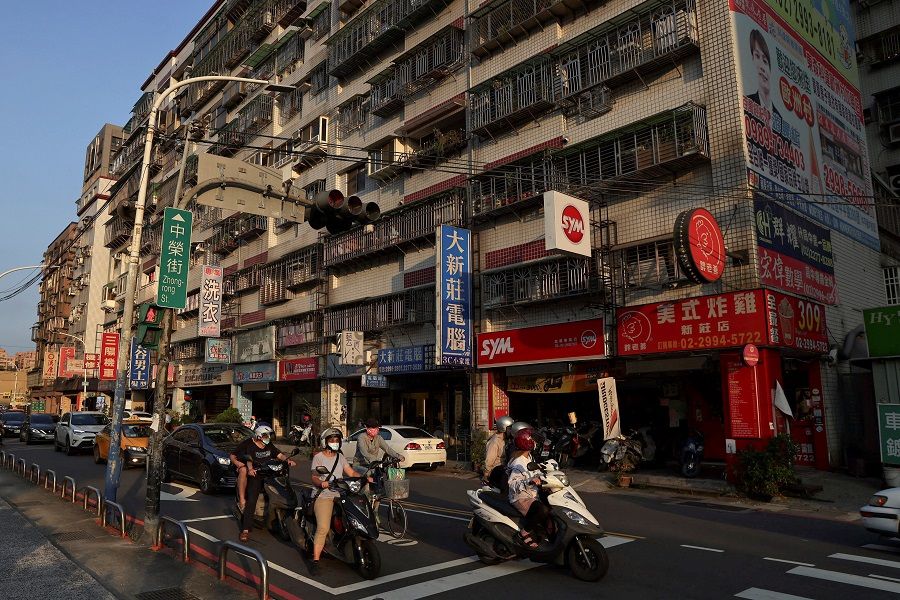
China has had no serious concerns over India's trade links with Taiwan. A Taiwan-India investment accord, first signed in 2002, was updated in 2018. Academic and people-to-people contacts between the two sides have also grown.
... the US-led Quad forum which includes India, does not have a collective Quad position on Taiwan at this stage.
India-China security dilemma
Beijing has accused the US of "distorting, obscuring and hollowing out the one-China principle", agreed upon by the two sides in 1979, in a bid now to "contain China". Also denounced by China, the US-led Quad forum which includes India, does not have a collective Quad position on Taiwan at this stage.
Indian External Affairs Minister Subrahmanyam Jaishankar said on 18 August 2022 that Sino-Indian ties were now passing through an "extremely difficult phase". The crux of Jaishankar's comment was that the continuing Sino-Indian military standoff at their unsettled boundary would impede bilateral ties. While responding to his comment, a Chinese spokesman did not identify Delhi's agnostic diplomatic stand on the current Taiwan crisis as the real impediment.
An India observer Liu Zongyi notes that "India does not want to offend China" over Taiwan and wishes, instead, to "watch the tigers fight"...
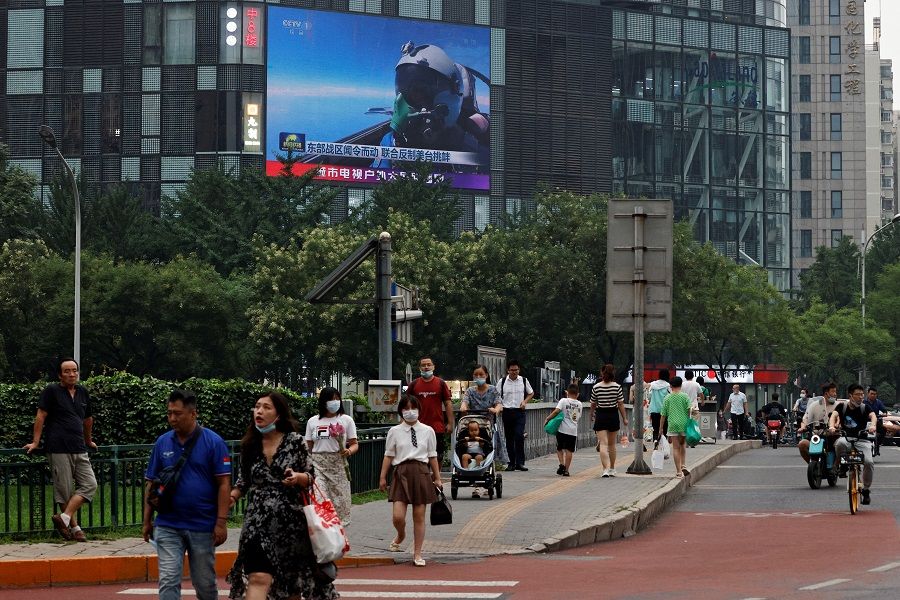
Nonetheless, Beijing and Delhi do face a bilateral security dilemma caused by their battle-ready escalatory moves. For India, its security dilemma is compounded by China's all-weather partnership with Pakistan in the common neighbourhood of all three countries. China, too, faces a spiralling security dilemma arising from the risk of the Sino-American conflict over Taiwan.
An India observer Liu Zongyi notes that "India does not want to offend China" over Taiwan and wishes, instead, to "watch the tigers fight", meaning Washington and Beijing. India could thus pursue its own regional "hegemonic ambitions" by gaining some strategic space. However, its key security dilemma at this stage is the unsettled Sino-Indian boundary. To ease this dilemma, India seeks to rebalance its ties with China by advocating a general principle of negotiations, not unilateral actions, to change the status quo.
Related: With China's increasing assertiveness, India's active role in the Indian Ocean matters more than ever | India in Quad: Black sheep or dark horse | AUKUS and Quad do not solve India's regional security problems | Five big questions about Nancy Pelosi's Taiwan visit | Quad now centrepiece in India's China strategy
